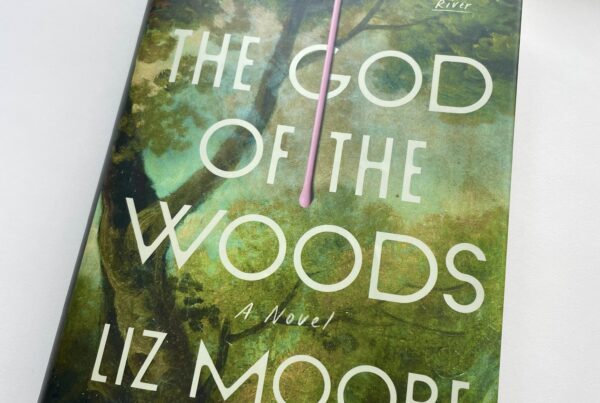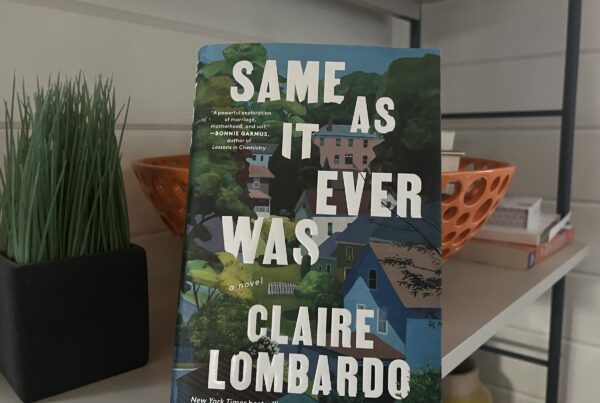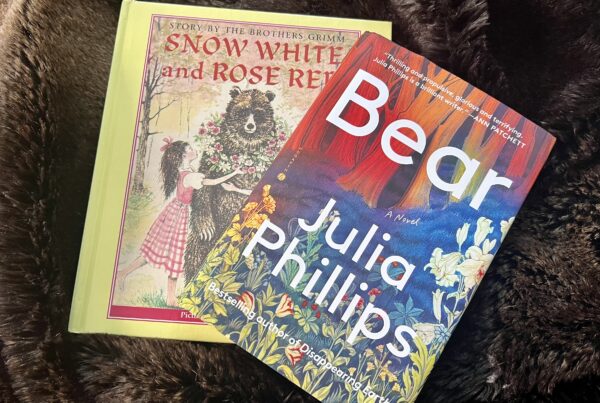Jojo Moyes’s The Giver of Stars delves into the lives of Kentucky packhorse librarians, women who defied social expectations to bring books to rural families during the Great Depression. The librarian program was run by the Works Progress Administration (WPA) from 1935 to 1943. As a librarian myself, I loved reading about the grit and courage these librarians demonstrated as they rode horses through snow, sleet and rain to deliver books. Moyes got the idea for The Giver of Stars when she read an article about these librarians in Smithsonian magazine and took the novel’s title from a poem by Amy Lowell.
In Moyes’ novel, librarians set out on horseback to bring books to communities in Appalachia in all seasons and through all kinds of hazards. Some of my favorite characters are the fiery Margery, who helped start the library and refused to get married and be a traditional wife; Sophia, an African American who helps to organize the books into a working library system; and Alice, an English woman who searches for belonging in this rural community as her marriage falls apart. All three face prejudice and backlash from the men around them who are fearful of the ways in which they are educating the community.
Moyes weaves a theme of women who dare to live according to their own desires into her historical fiction and writes beautifully about the library books circulated to help women learn about positive sexual health in the 1930s rural Appalachia. From the inner workings of an Appalachian mining town to an examination of how women’s roles in the 1930s were restricted, Moyes writes powerfully about women and their creativity in solving problems.




